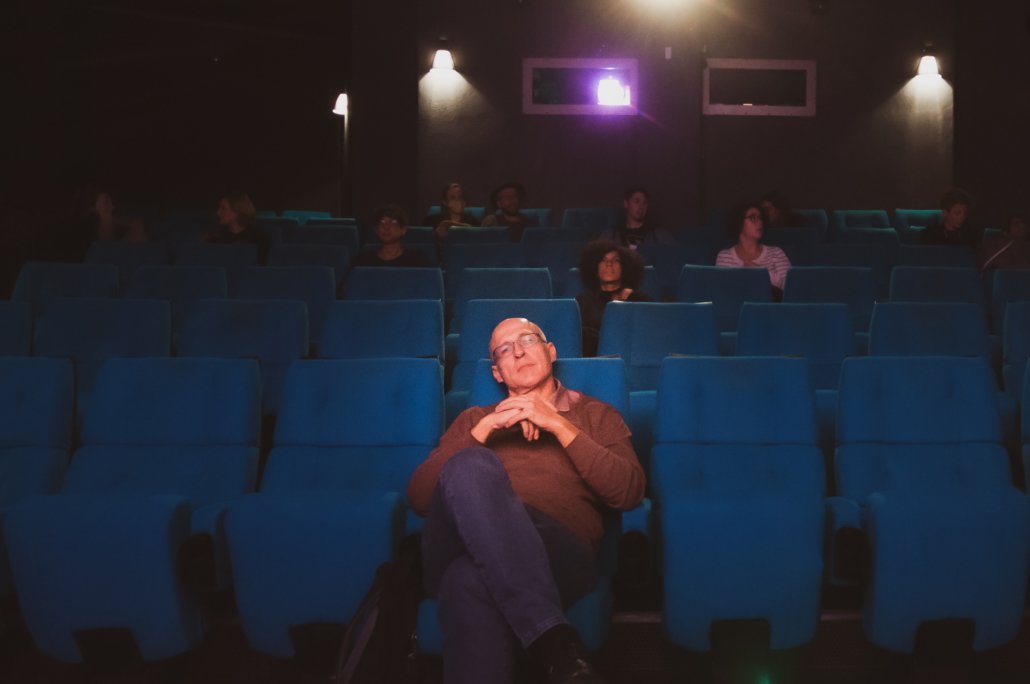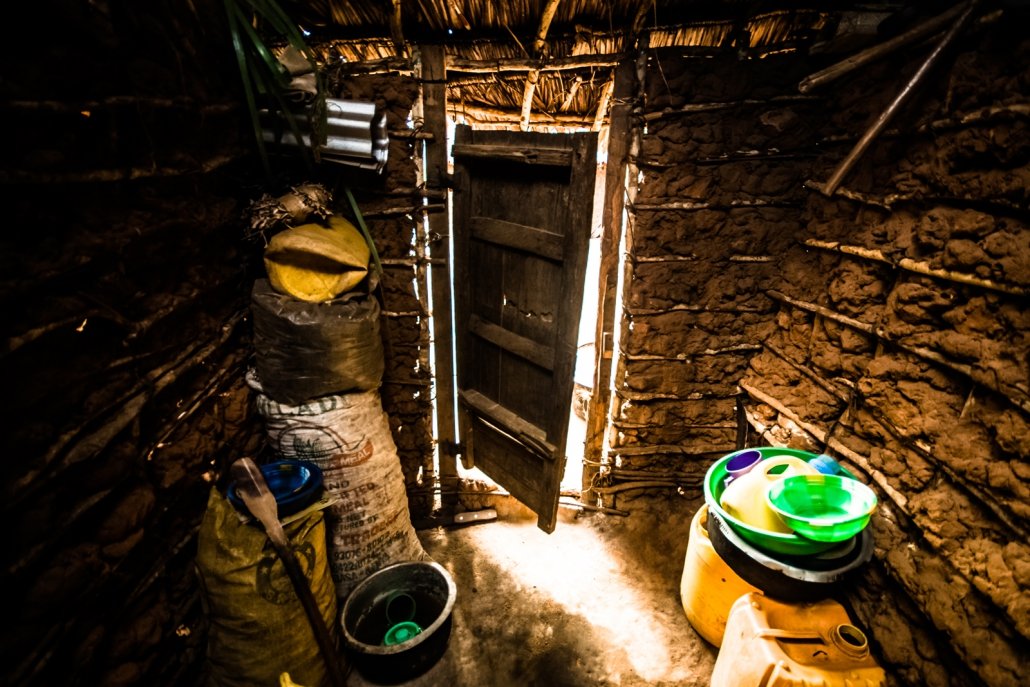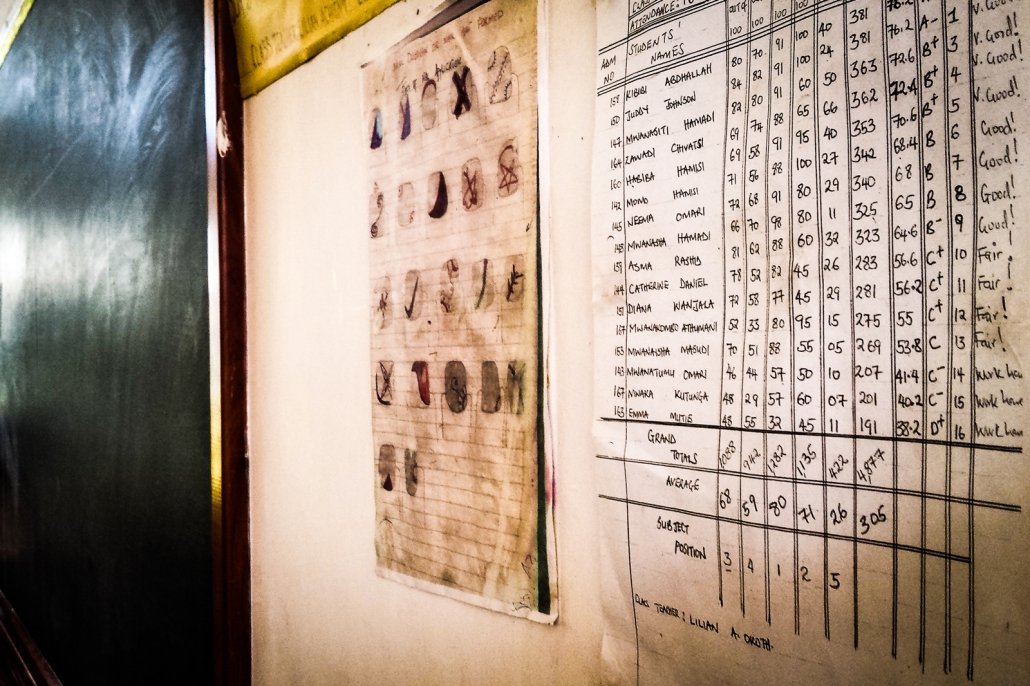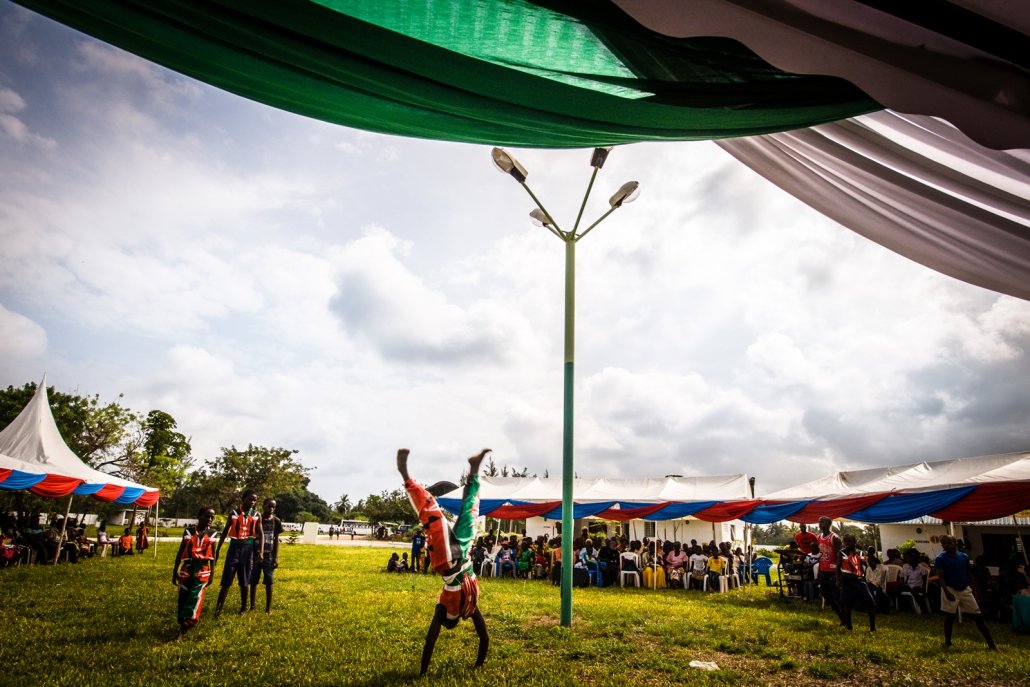Visionär Film Festival
〰️
Visionär Film Festival 〰️
Given the complexity of film distribution, and its commitment to balance both the economic and the artistic, festivals are an indispensable platform and often the only way to ensure a free space for new voices and experimentations in cinema.
In this manner, the founders of Visionär hope to contribute to foster the cinema culture that they perceive as important for individual growth as well as for development of the community. Visionär directs its attention to those directors who, by facing the full-length feature format for the first time, are not afraid of breaking the schemes and demonstrate narrative and aesthetic originality.
It offers a selection of new talents from around the world who prove to be daring, original and visionary in their debut.
Visionär aims to screen new author films that are unreleased in Germany, even in the art oriented city of Berlin: these photos were taken during the 4th edition of Visionär Film Festival in Berlin at ACUDkino in September 2020.
She
〰️
She 〰️
She is an ongoing photo series created and started in the past years.
The selected photographs were taken in the streets of Berlin’s urban environment.
The project develops around women of all ages caught in their singular poses in everyday contexts; it is an intimate journey into those spontaneous moods and controversial feelings that women often experience in their be-just-like manner of living, disseminated and reinforced by a particular culture and/or individual background.
There is no obvious stereotypical way for women to show their own personal strengths, their power. Lonely, daring, invisible, or the center of attention, they still pay the price of losing their beauty.
These portraits hence explore womanhood hinting at the antithesis between modern standard models and women’s spiritual estrangement.
Here on the side, the photos displayed at Kühlhaus Berlin.
When I saw you, you were not there
〰️
When I saw you, you were not there 〰️
When I saw you, you were not there (Quando ti vidi non c’eri) is a project that develops around the theme of the enjoyment of beauty marked by the disturbing interference of the thought of transience.
Often we unconsciously find ourselves hastily debasing allure by elaborating in advance and without any logic the idea of mourning.
Therefore we tend to attenuate the enjoyment of pleasure in order to avoid the pain that its loss will give us. In this way we spend our existence without realizing it. The thought of transience is perturbing.
These photos were taken in Rome and in Venice in 2009 in gallery spaces.
Africa
〰️
Africa 〰️
In 2016 I decided to take a break from the big city life.
I didn’t mean taking a vacation or going on a pre-planned trip, I just wanted to make the journey out to somewhere I’ve never gone before with an open schedule, curious eyes and a good dose of empathy. I had been feeling like wanting to know more about local communities and organizations helping poor and needy people – especially children and infants – long distance adoptions and financial support.
A few weeks before setting off, I came across two non-profit foundations of social utility called Germano Chincherini and Child to Child for Africa.
With particular regard to the most disadvantaged situations, the two associations have been operating in Africa, Italy, Switzerland and Venezuela in the educational field and financing studies, without distinction of sex and religion; they have built several facilities among which a Catholic primary school for girls and a family house for children orphans that I had the pleasure to visit in Ukunda, Kenya. This gallery will contain photos of my whole trip there.
The Child to Child for Africa Foundation was established in 2002 in Lugano with the aim of operating in the educational and financial studies for young Africans providing professional trainings and investing funds for the construction and renewal of school facilities.
One of these projects focuses on poverty reduction, education and training, food support of the families in need, health promotion and support of those parents developing income-generating activities in 4 rural villages, among which Jaribuni in Kilifi County.
There I observed large and often single-parent families, a very high rate of illiteracy, poor group collaboration and – measured in terms of access to water, food, education, medical care and poor hygiene – widespread poverty.
The intervention here includes placement of children in schools via distance adoption, women’s empowerment and children’s rights meetings, hygiene education, food support, initiation of income-generating activities with parents.
Another cornerstone of the foundation's work is The Mama Lorenza’s Vocational Center — founded in 2011 in Ukunda.
Constantly working on female empowerment and simultaneously providing psychological support in a safe and secure environment, The Mama Lorenza’s Vocational Center focuses on professional education of young girls with stormy past until they get their diploma. Every year the center hosts around 70 students and employs circa 12 local people.
The 2 years offered training includes tailoring and leather processing, hairdressing and cosmesis. All students take computer science courses, they learn management, cooking and help with the cultivation of fruit vegetables — for internal use and for sale — in the garden located inside the center. They contribute to bread production and chicken breeding. The center is provided with a showroom and a saloon so that the girls can sell their handmade creations and work as beauticians for the community.
Each of them gets counseling sessions encouraging autonomy and empowering decision making.
When the 2 mandatory years period ends they take an exam and obtain a diploma, their key to the labor market.
JARIBUNI VILLAGE
MAMA LORENZA’S VOCATIONAL CENTER
The Foundation is present in Ukunda, a semi-rural village in the county of Kwale, near Diani Beach. In 2008, the first block of “Nyumba ya Watoto 1” foster home was opened in Ukunda. This project sustains those little ones who lost their parents and help them achieve a “normal” way of life.
With the plan of building several orphan-asylums and accommodating as many children as possible, the area has been filled up with houses having between 8 and 10 children of different sex and ages with a “mum”. The latter would run the household with the monthly salary of the Foundation, and is in charge of bringing the kids up, nourishing, training and giving them an education. The orphans would then grow up like brothers and sisters with the idea of a real family.
Each house is provided with electricity, running water and a bathroom. It has a separate room for boys, another one for girls and a third one for the “mom”. A typical African kitchen is used as a dining room, a courtyard and gardens are for play time. The buildings include a community hall and doctors.
A private founder donated a football pitch, a volleyball and basketball court and a vegetable garden. A farming project has been added to the program: the gardens (“shamba”) are looked after by the children themselves when not at school, and the harvest will be shared between all the foster home facilities and used to prepare food. This is also a chance they have to learn a job.
The Foundation has also provided the kids with a bus so they can reach the primary school of “Saint Joseph School Ukunda”.
Thanks to the several sponsors’ contribution, sewing machines and computers were bought for the children to use so they can learn new skills, expand their knowledge and socialize.
From time to time, the Foundation organizes big meetings between the kids and their birth parents. The orphanages, who organize songs, dances and acrobatic games together with their instructors, show their abilities especially in acrobatic dance to their biological moms and dads – if they’d show up at the meeting…
In this gallery you can experience what I witnessed at one of these meetings.
Find more information about this project on the official website for Fondazione Chincherini.













































































































